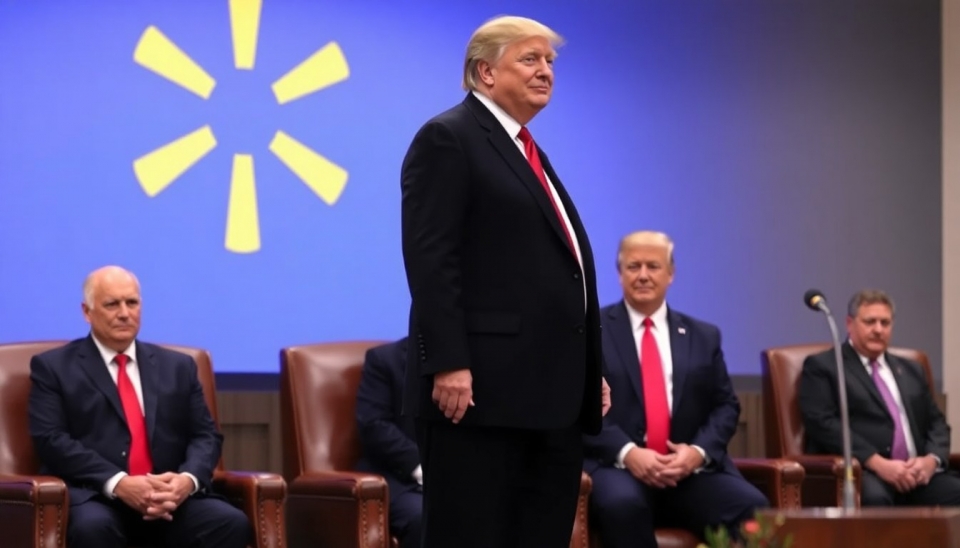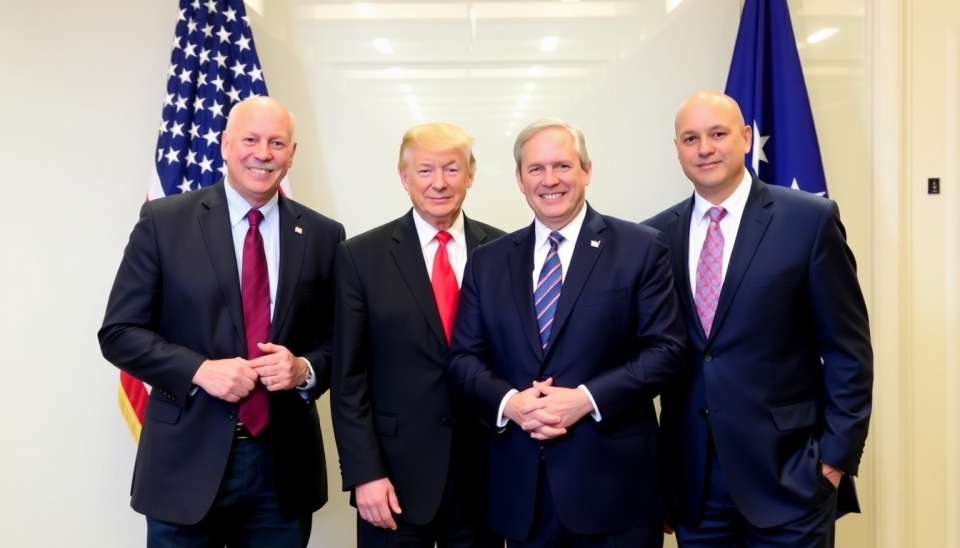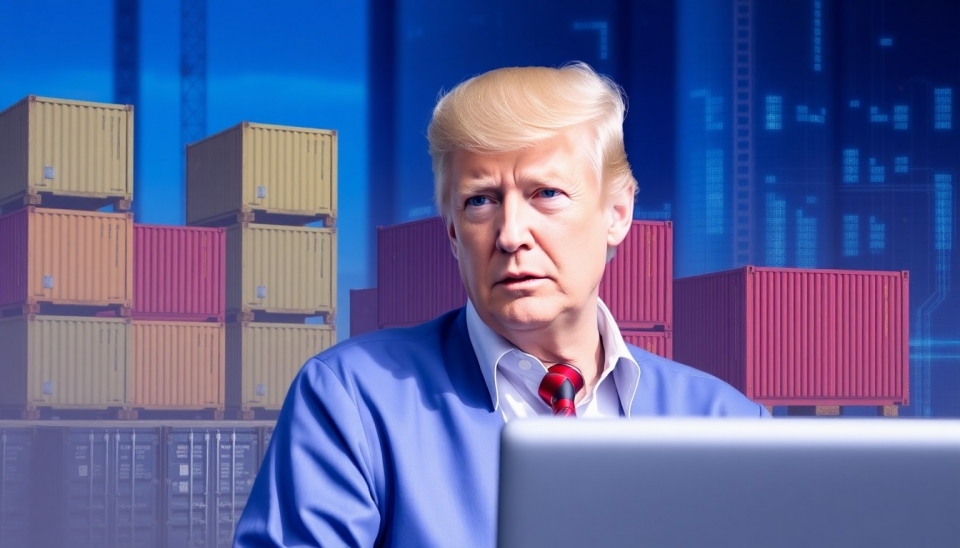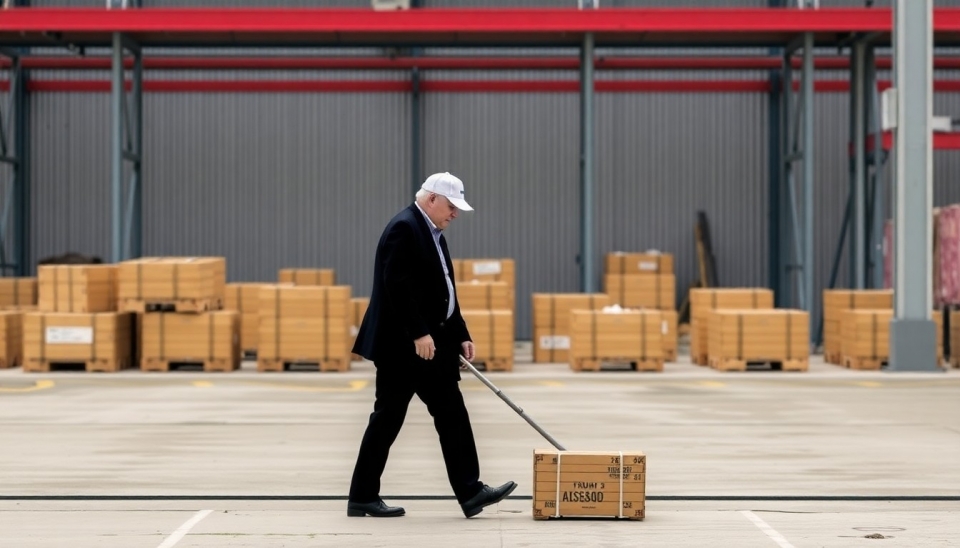Trump's Trade Policy and Its Impact on Inflation and Exports

Recent analysis of the tariffs imposed by former President Donald Trump on Chinese goods is raising concerns about economic repercussions. Economists warn that high tariffs may lead to increased inflation in the U.S. and inflict serious damage on the country's export capabilities, translating to losses of up to $150 billion.
The tariffs, implemented during the trade war with China in 2018, were intended to protect American jobs and industry. However, they have also increased the cost of goods for consumers and businesses. Estimates indicate that the reduction in exports is related to high costs, which affect the competitiveness of American goods internationally.
According to data presented by Bloomberg, American businesses, especially small and medium-sized ones, are struggling to boost sales abroad due to the harsh tariff environment. As a result of this reduction, jobs and incomes may suffer, ultimately reflecting on the country’s economic stability.
The situation is exacerbated by the fact that inflation in the U.S. has reached multi-year highs, prompting economists and policymakers to scrutinize the consequences of these tariffs even further. Economic experts emphasize the importance of reviewing tariff policies to ensure stability and economic growth in the long run.
Despite many negative consequences, some groups supporting high tariffs argue they are necessary to protect national interests. However, more balanced approaches are needed to prevent worsening the economic situation in the country.
In conclusion, the future of tariff policy remains open, and its resolution could significantly impact the economic condition of the U.S. in the coming years.




